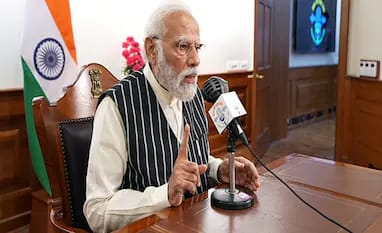
Both Union Home Minister Amit Shah and Assam Chief Minister Himanta Biswa Sarma declared that the tribal insurgency in Assam has come to an end after the government inked a peace agreement with the DNLA earlier this week.
This was a big claim for a state that had experienced insurgency by numerous tribal militant organizations, particularly from the 1980s onwards—even after Nagaland, Mizoram, Meghalaya, and Arunachal Pradesh were split off from it. Greater political autonomy has been the main demand of the majority of these groups, primarily through demands for independent states.
In the autonomous districts of Karbi Anglong and North Cachar Hills, there are 15 recognized tribes, while there are 14 recognized tribes in the rest of the state. Bodo (35 percent of the state’s tribal population), Mishing (17.52 percent), Karbi (11. percent), Rabha (7. 6 percent), Sonowal Kachari (6.5 percent), Lalung (5.2 percent), Garo (4.2 percent), and Dimasa (3.2 percent) are among these tribes.
Bodo groups have led the longest-running and most violent fight for autonomy among these, while Karbi and Dimasa organizations have also engaged in militant activities over the years. The claim that the long-running peace process has put an end to insurgency in tribal areas follows a succession of recent peace agreements with various factions.
While agreements have been reached with all currently active tribal militant groups in recent years, negotiations with one group or a portion of its leadership have led to the emergence of breakaway factions and new groups in the past.



